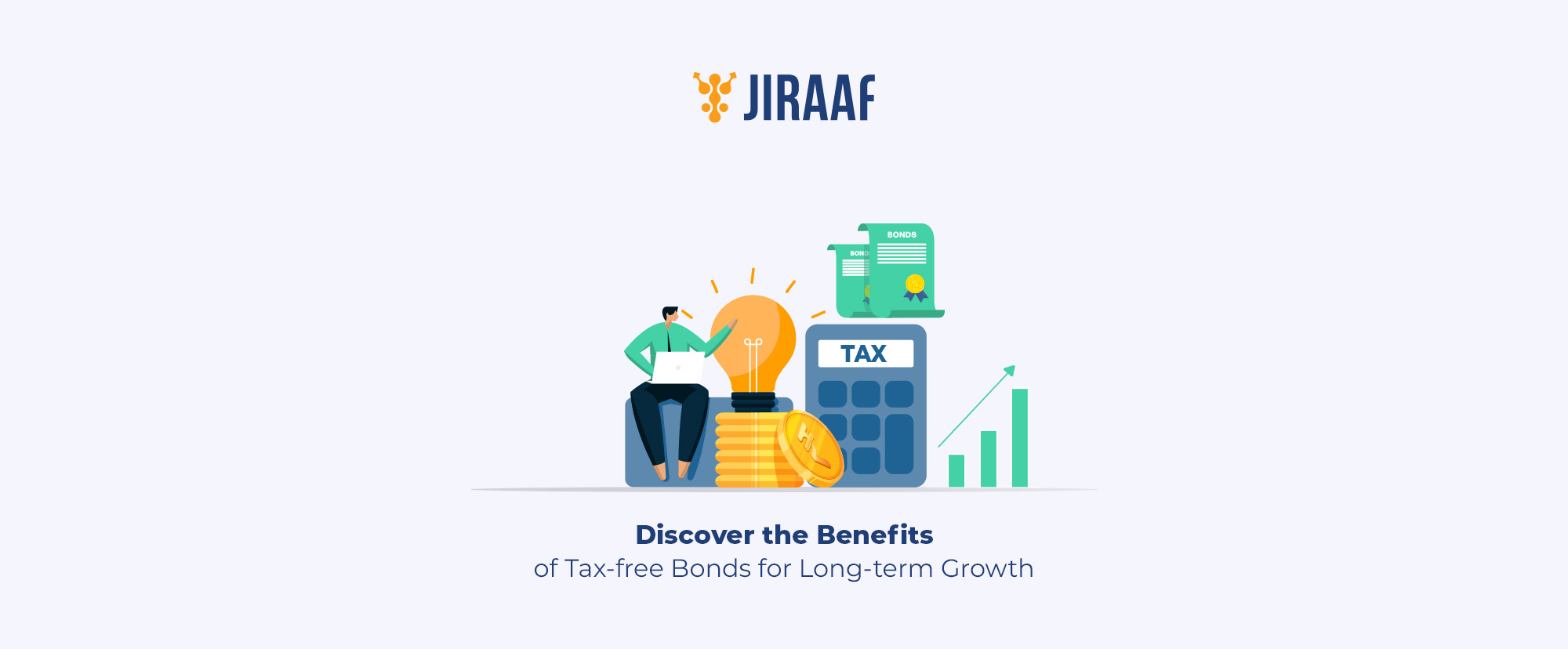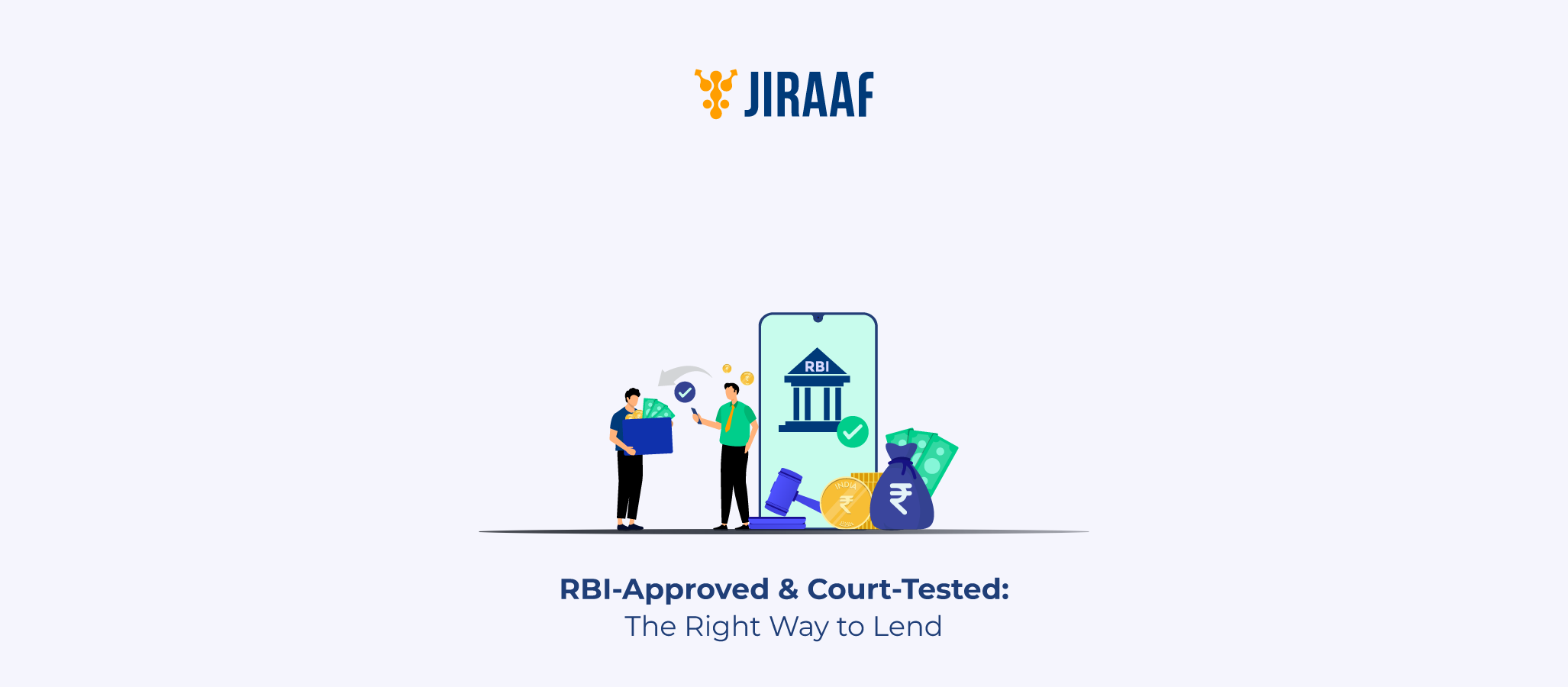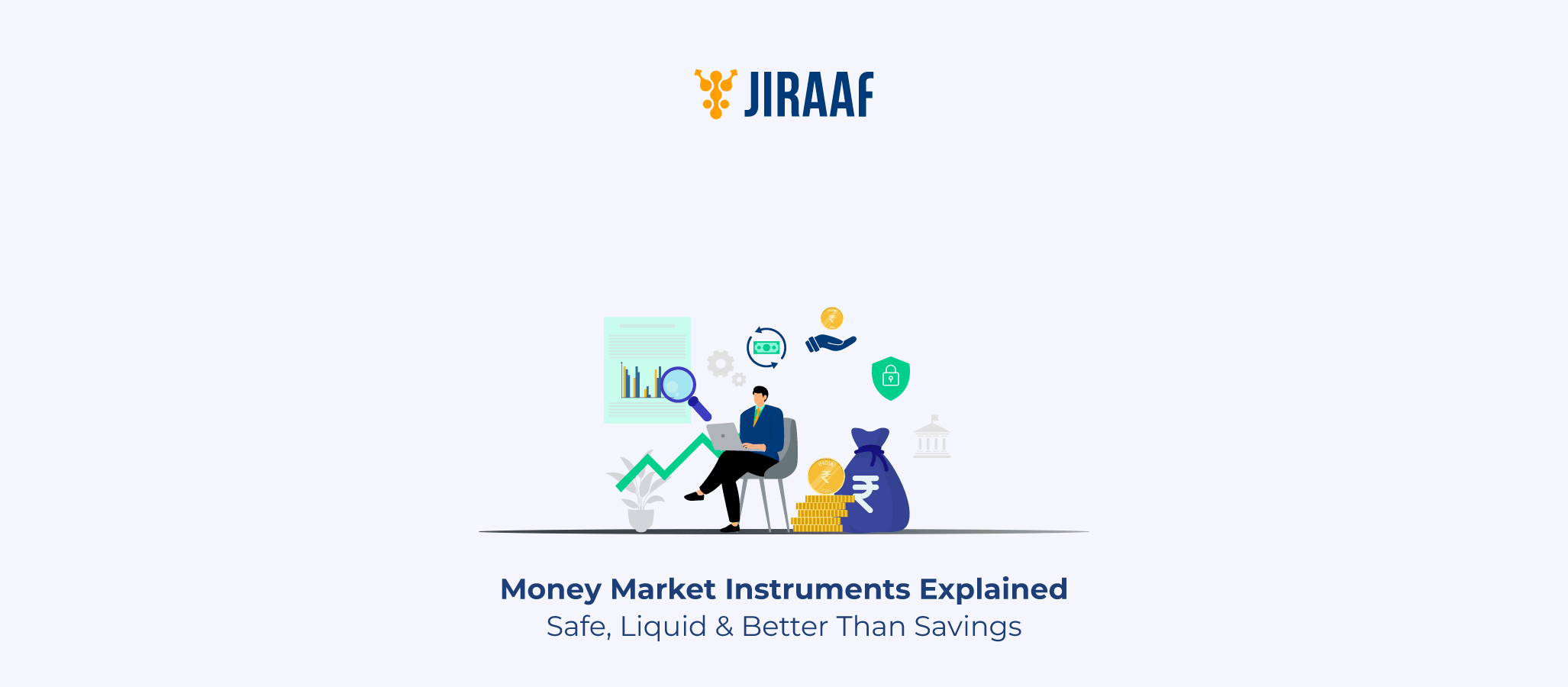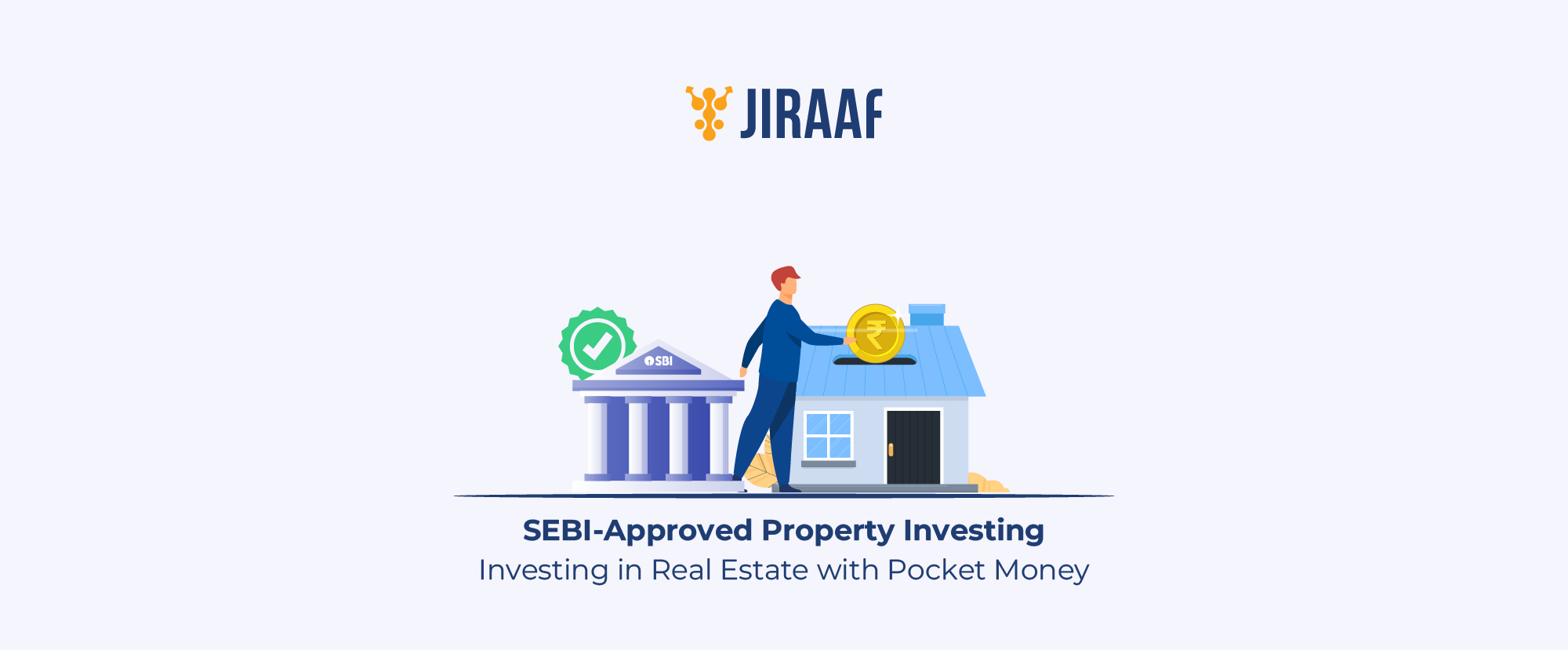Are you tired of seeing a big part of your income vanish into paying taxes every year? You’re not alone. Many investors are looking for smart, tax-efficient options to grow wealth, and tax-free bonds might just be your answer.
What makes them special? Why do so many people turn to them for stable returns? And most importantly, could they be the key to unlocking your financial goals? Let’s take a closer look at how tax-free bonds work and why they’ve become a favorite among savvy investors.
What are Tax-free Bonds?
Tax-free bonds are long-term investment instruments where the interest earned is exempt from income tax. They’re issued by government-backed entities, making them a favorite for risk-averse investors who also want tax benefits.
Who Issues Tax-free Bonds?
Tax-free bonds are issued by government-backed institutions like:
- National Highways Authority of India (NHAI)
- Indian Railways Finance Corporation (IRFC)
- Power Finance Corporation (PFC)
- Rural Electrification Corporation (REC)
- Housing and Urban Development Corporation
These bonds are often used to raise funds for public projects like highways, water systems, and railways.
How Do Tax-free Bonds Work?
When you buy a tax-free bond, you as an investor are lending money to the issuing organization for a fixed period, annually or semi-annually. In return, you earn interest on the investment.
For instance, if you invest ₹1,00,000 in a tax-free bond with an annual interest rate of 5%, you’ll receive ₹5,000 every year. The best part is that this interest of ₹5,000 is completely tax-free.
How to Redeem Tax-free Bonds?
Redeeming tax-free bonds is straightforward. They are usually listed on stock exchanges, so you can sell them on the secondary market anytime, or you can hold them until maturity and get your principal amount back along with the final interest payment.
Common Types of Tax-free Bonds
Here are some popular types of tax-free bonds you might come across:
- Municipal Bonds: Issued by local government bodies
- PSU Bonds: Offered by public sector companies to fund projects
- Infrastructure Bonds: Issued by government or government-sponsored entities to develop essential infrastructure like roads and power grids
Features of Tax-free Bonds
| Feature | Details |
| Interest Rates | Fixed rates ranging from 5.50% to 7.50% |
| Tenure | 10-20 years |
| Risk | Low risk as they are backed by government entities |
| Liquidity | Available on stock exchanges |
Benefits of Tax-free Bonds
1. Tax Efficiency
Interest earned on tax-free bonds is exempt from taxes under Section 10(15) of the Income Tax Act.
2. Steady Income
Regular interest payouts provided by these bonds, either semi-annually or annually, ensure a predictable income stream for investors seeking consistency.
3. Long-term Security
With lower credit risk and stable returns, tax-free bonds are an attractive option for long-term investors looking for security in their investment portfolios.
4. Liquidity
Traded on stock exchanges, tax-free bonds offer investors the flexibility to buy or sell these instruments as per their needs.
Potential Risks of Investing in Tax-free Bonds
While tax-free bonds are generally safe, there might be some risk factors you should consider while investing.
a. Interest Rate Risk
If capital market interest rates rise, the value of existing bonds decreases because newer bonds are issued at higher interest rates, making the older bonds with lower rates less attractive.
b. Liquidity Concerns
Selling tax-free bonds in the secondary market can be challenging due to limited trading activity. Unlike equities, which often have high trading volumes, bonds especially tax-free ones tend to attract long-term investors who hold them until maturity.
c. Low Returns
The returns may be lower than other investment options like equities.
Difference between Tax-free and Tax-saving Bonds
| Feature | Tax-free Bonds | Tax-saving Bonds |
| Primary Objective | Provides tax-free interest income under Section 10(15) | Helps investors save tax on the principal under Section 80C or others |
| Taxation of Interest | Interest is tax-free | Interest is taxable as per the investor’s income slab |
| Tax Deduction | No tax deduction for the invested amount | Investment qualifies for a tax deduction, typically under Section 80C |
| Risk Level | Generally low-risk, as they are issued by government-backed entities | Also, low-risk, often issued by government-backed organizations |
| Liquidity | Highly liquid; can be traded on stock exchanges | Low liquidity; cannot be sold during the lock-in period |
| Tenure | Long-term, usually 10 to 15 years | Medium-term, typically 5 and go on up to 40 years |
Who Should Invest in Tax-free Bonds?
Tax-free bonds are ideal if:
- You’re in a higher tax bracket and want to save on taxes
- You’re looking for a safe investment option with stable returns
- You don’t need immediate liquidity and can hold the investment long-term
The Bottom Line: Investing in Tax-free Bonds
Tax-free bonds offer a reliable and tax-efficient investment option for those seeking steady returns with minimal risk. With their government-backed security, fixed interest rates, and tax-free income, these bonds can be an attractive choice for long-term investors looking to reduce their tax liabilities while enjoying consistent earnings. Their stability and low-risk profile make them a good addition to a diversified portfolio. Before investing, ensure that tax-free bonds align with your financial goals, investment horizon, and risk tolerance to make the most of their benefits.









